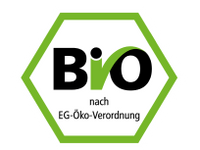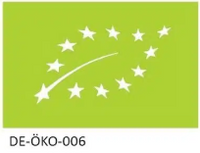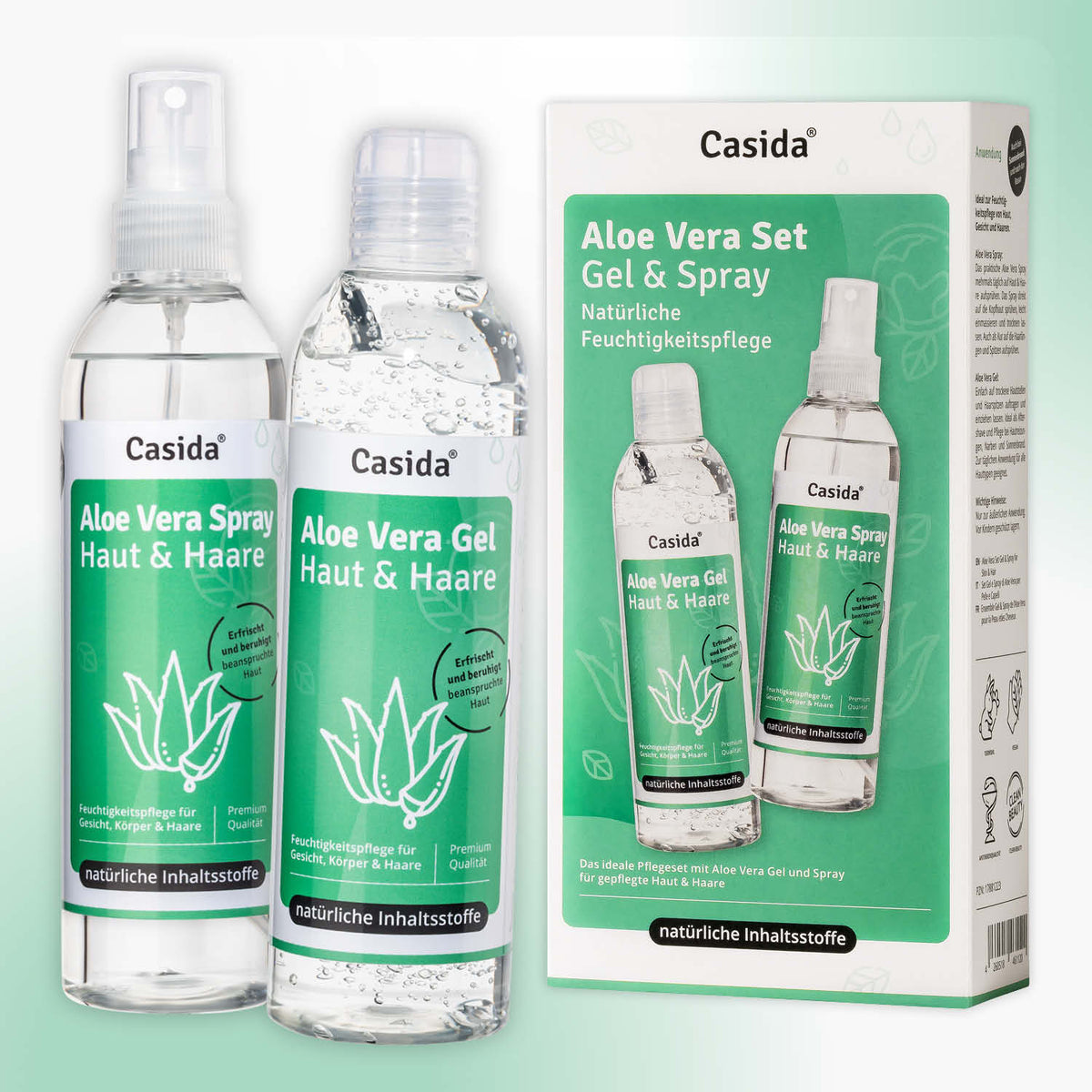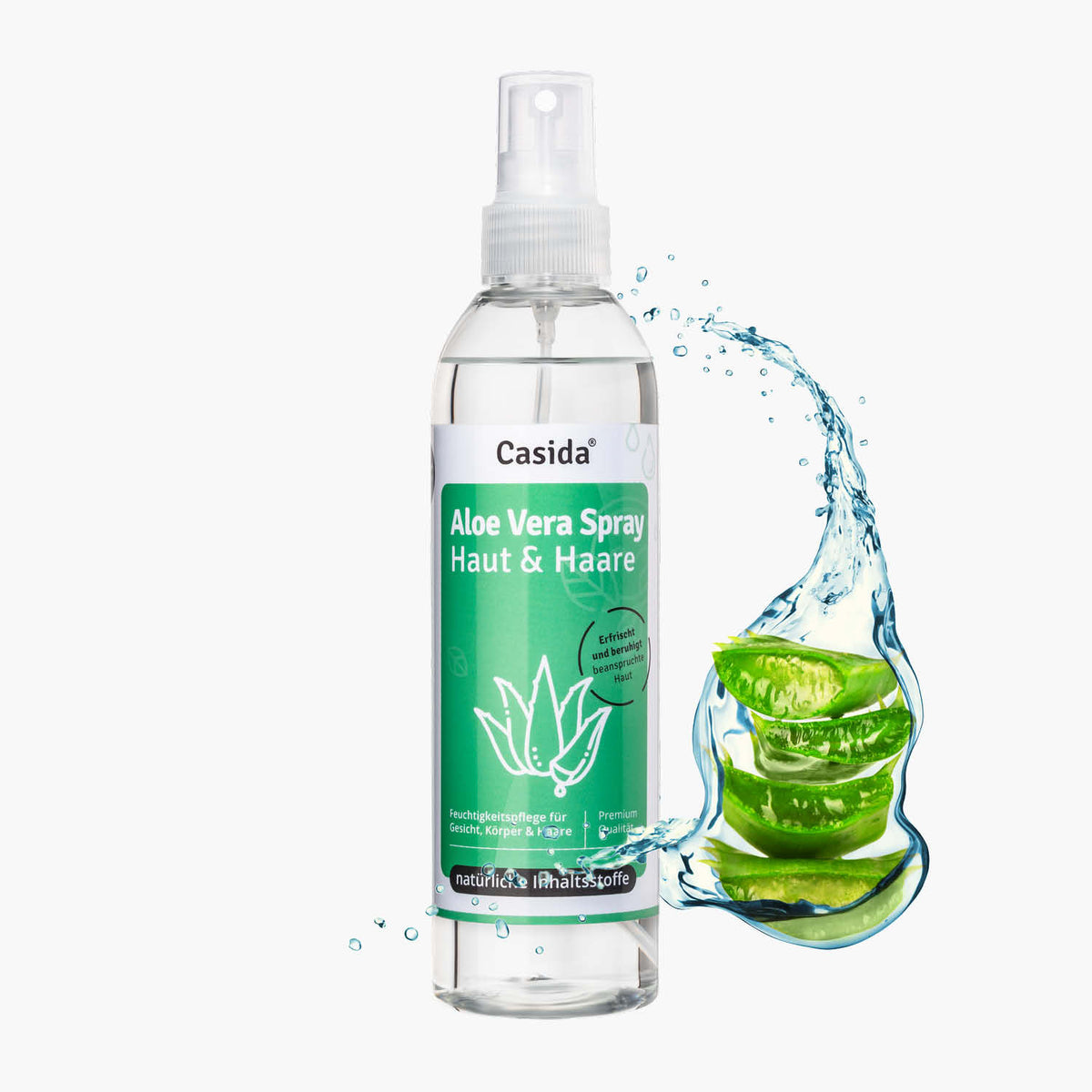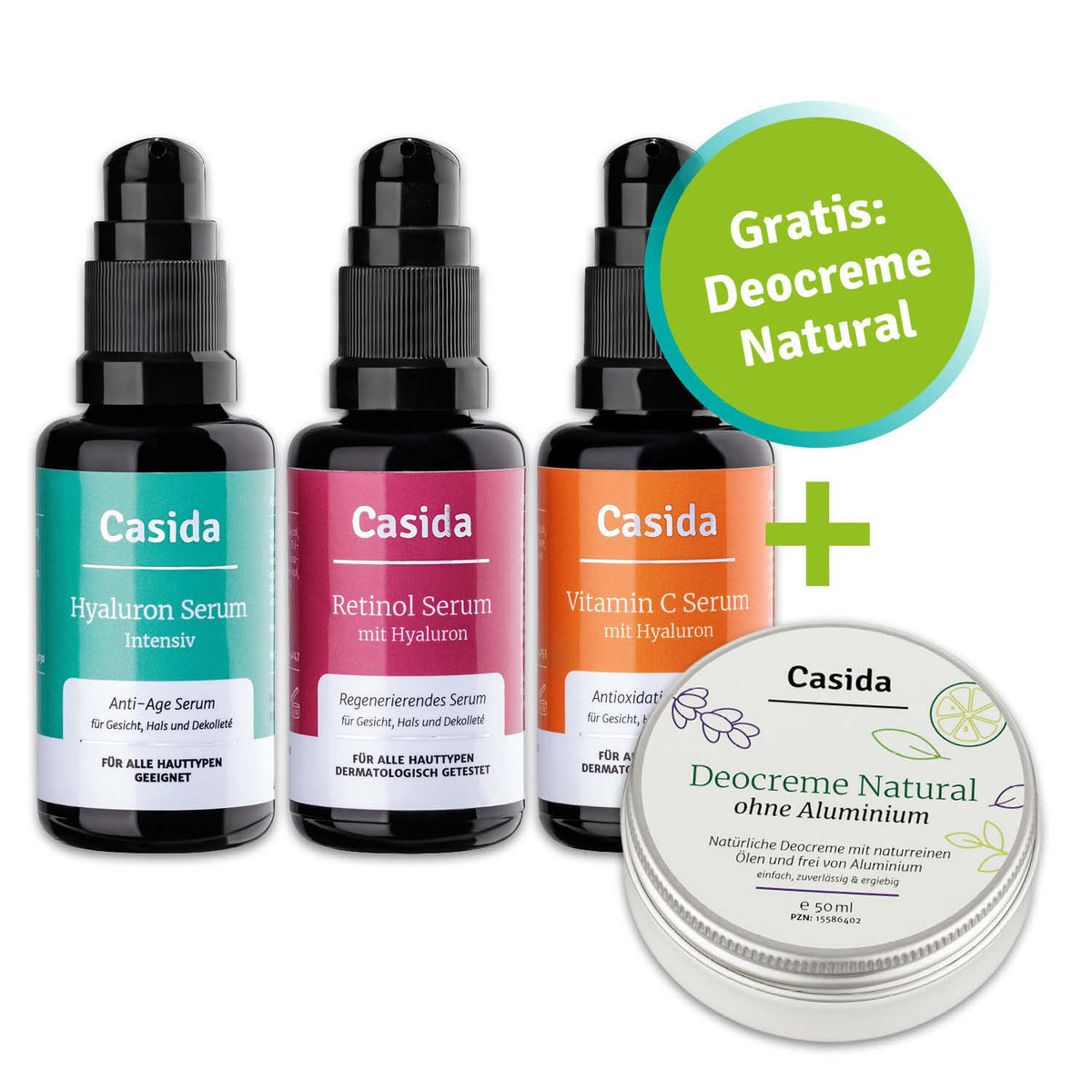According to legend, rose water was used by Cleopatra and Julius Caesar when bathing in ancient times. As an elixir of youth, rose water is said to relax and regenerate the entire body. It is therefore not surprising that rose water is an irreplaceable ingredient in many cosmetic products in modern times.
When we talk about rose water, we are actually referring to a hydrolate, i.e. floral water, which is obtained by distilling rose petals and is actually a by-product of the extraction of essential oils. As it smells slightly of roses, it is used instead of perfume or to refresh rooms, but also as a tonic and water phase in the production of masks, creams, gels and other cosmetic products.
Concentrated rose water is rich in various vitamins and minerals. It contains large doses of selenium, the most important antioxidant for the skin. It also contains vitamins A, E and C, which stimulate the regeneration of the face and the formation of proteins in the cells.
Rose water also contains vitamin K, which penetrates into the deeper layers of the skin and stimulates blood circulation. This dilates the blood vessels and creates a slight tingling sensation in the cheeks. It is ideal for closing pores and can prevent facial swelling.
Table of contents
1. what is rose water used for?
Perhaps the greatest benefit of rose water is its powerful anti-inflammatory properties. This is why it soothes skin prone to irritation and redness and also helps with psoriasis, rosacea and other skin conditions.
Rose water has a refreshing effect and intensively moisturizes the skin in summer, but is also a lifesaver in winter when the air is dry. Rose water and rose essential oil are used in aromatherapy to calm tension and combat stress.
In addition, rose water is traditionally used to soothe sore throats due to its anti-inflammatory properties. It also helps heal wounds, burns and cuts as it stimulates the formation of new cells and tissue regeneration.
2. rose water for radiant hair
Caring for damaged hair is one of the main roles of rose water. Frequent blow-drying, straightening or curling of the hair can easily cause it to lose its natural shine and strength. A scalp massage with rose water increases blood flow to the scalp, which leads to the restoration of scalp follicles and damaged sections of hair.
Rose water also helps to improve hair odor, for which just a few drops are enough. Spray bottles are best suited for this, such as the new Casida moisturizing rose water spray for a fragrant feeling of freshness.
3. rose water for remarkable facial skin
The Casida Rose Water Spray is not only suitable for hair, but also for skin and facial care, as it is 100% natural and made from high-quality oils. This natural tonic is a great enemy of acne and pimples due to its antimicrobial effect. Rose water stops the growth of bacteria and regulates excessive sebum build-up thanks to zinc, magnesium and selenium, which are known for their positive effects in the fight against acne.
As it is a 100% natural skin care product, those who suffer from very sensitive skin prone to irritation, rashes and allergies can replace chemical products for body care with rose water.
4. anti-ageing with rose water
Rose water is often used in beauty products that aim to reduce wrinkles. A study has shown that rose water can actually have anti-ageing effects. In addition to soothing irritated skin, it can reduce the appearance of wrinkles when applied topically.
Rose water is also an excellent skin care product for the delicate eye area. In addition to soothing dark circles, rose water helps to soothe the eyes after exposure to sun and dust during the day.
Sources & further links on the subject of rose water for face and body:
- https://www.ncbi.nlm.nih.gov/pmc/articles/PMC3586833/
- https://www.ncbi.nlm.nih.gov/pmc/articles/PMC3586833/#B89
Important note / disclaimer:
As pharmacists, we share our pharmaceutical expertise and wealth of naturopathic experience in the Casida guide. An individual diagnosis and consultation is necessary in every case. Therefore, this offer cannot replace medical advice. It is not intended to treat, cure or prevent any disease. It is not a substitute for medication or other treatments prescribed by a doctor.

